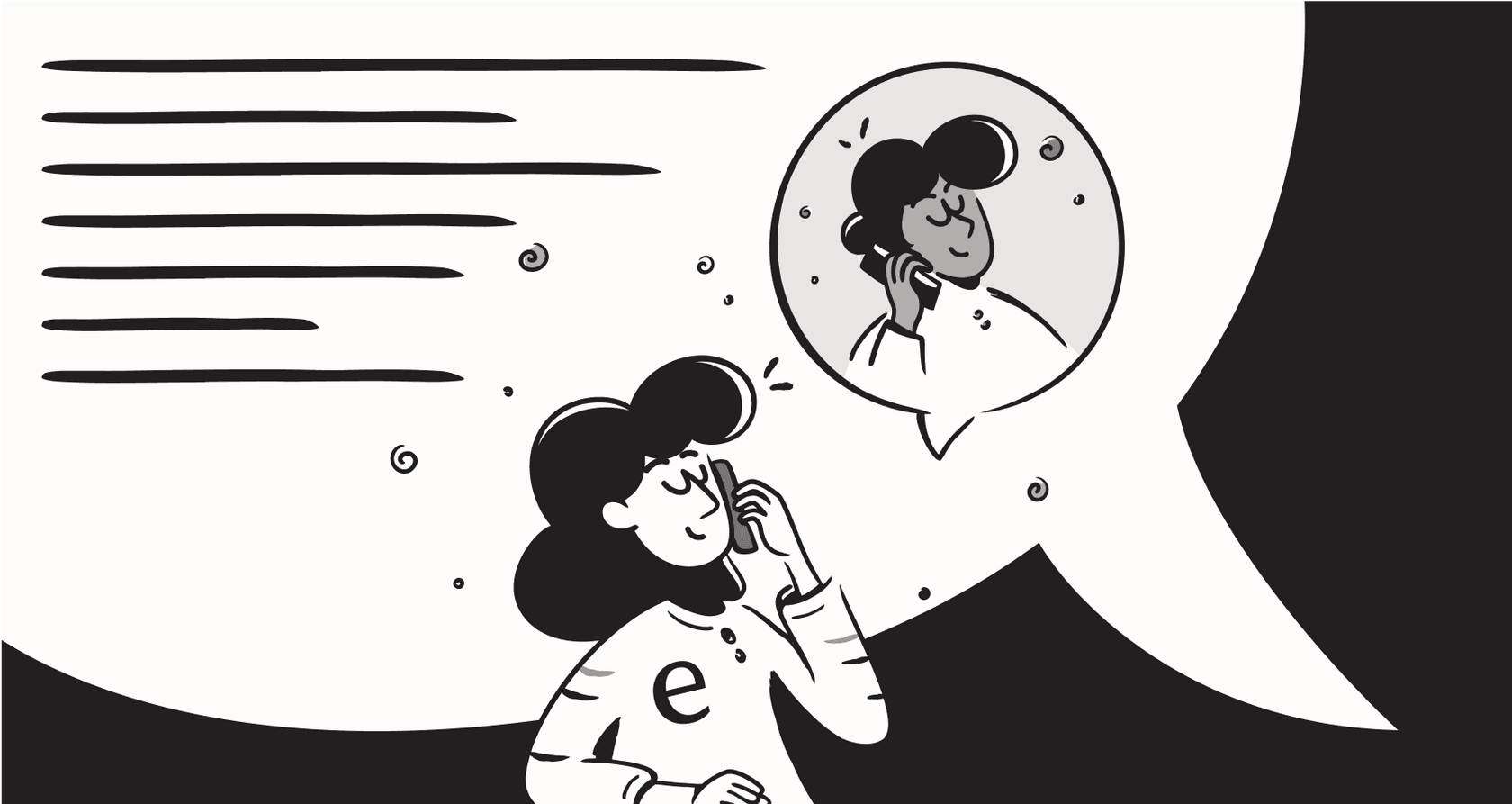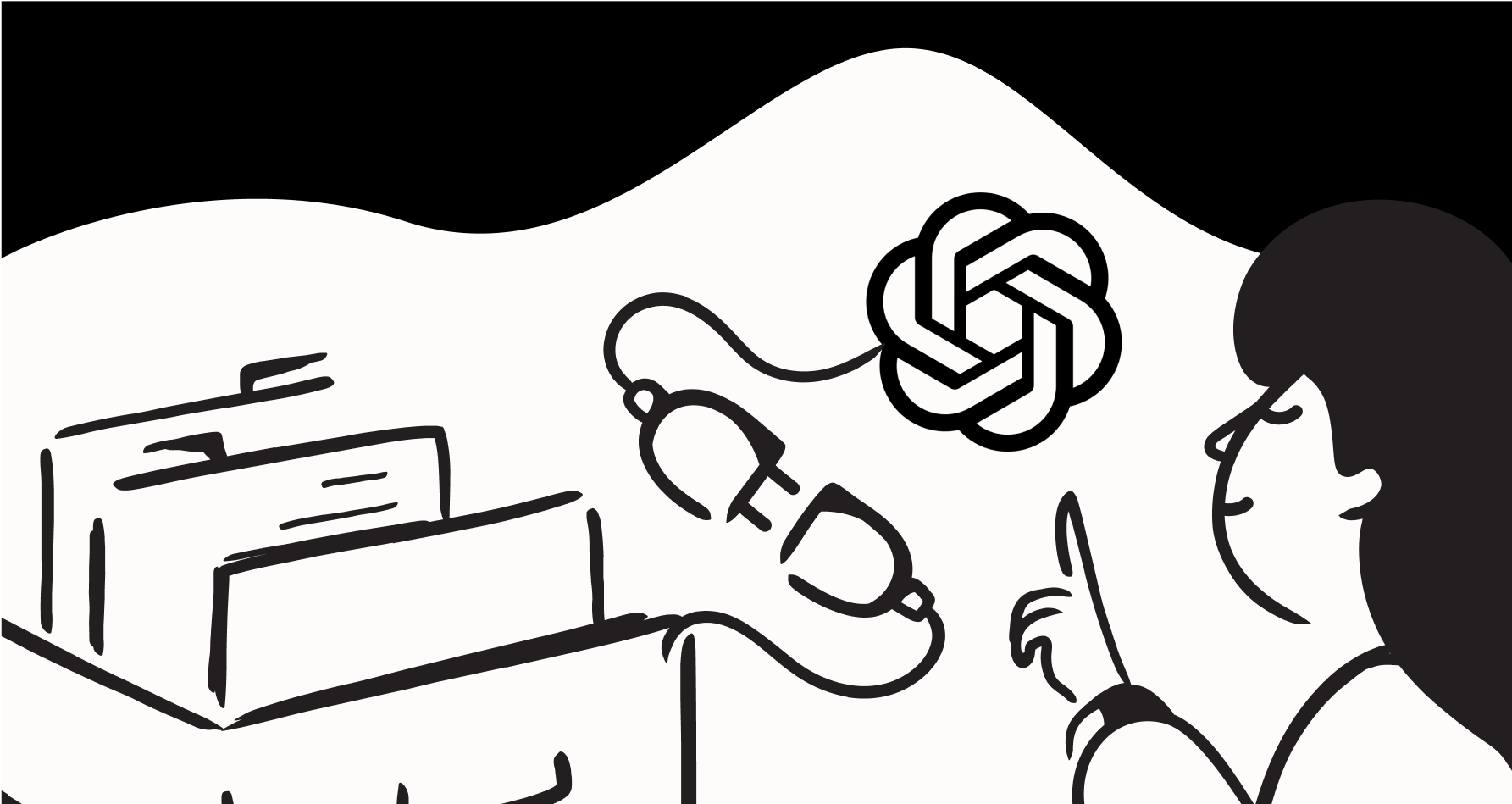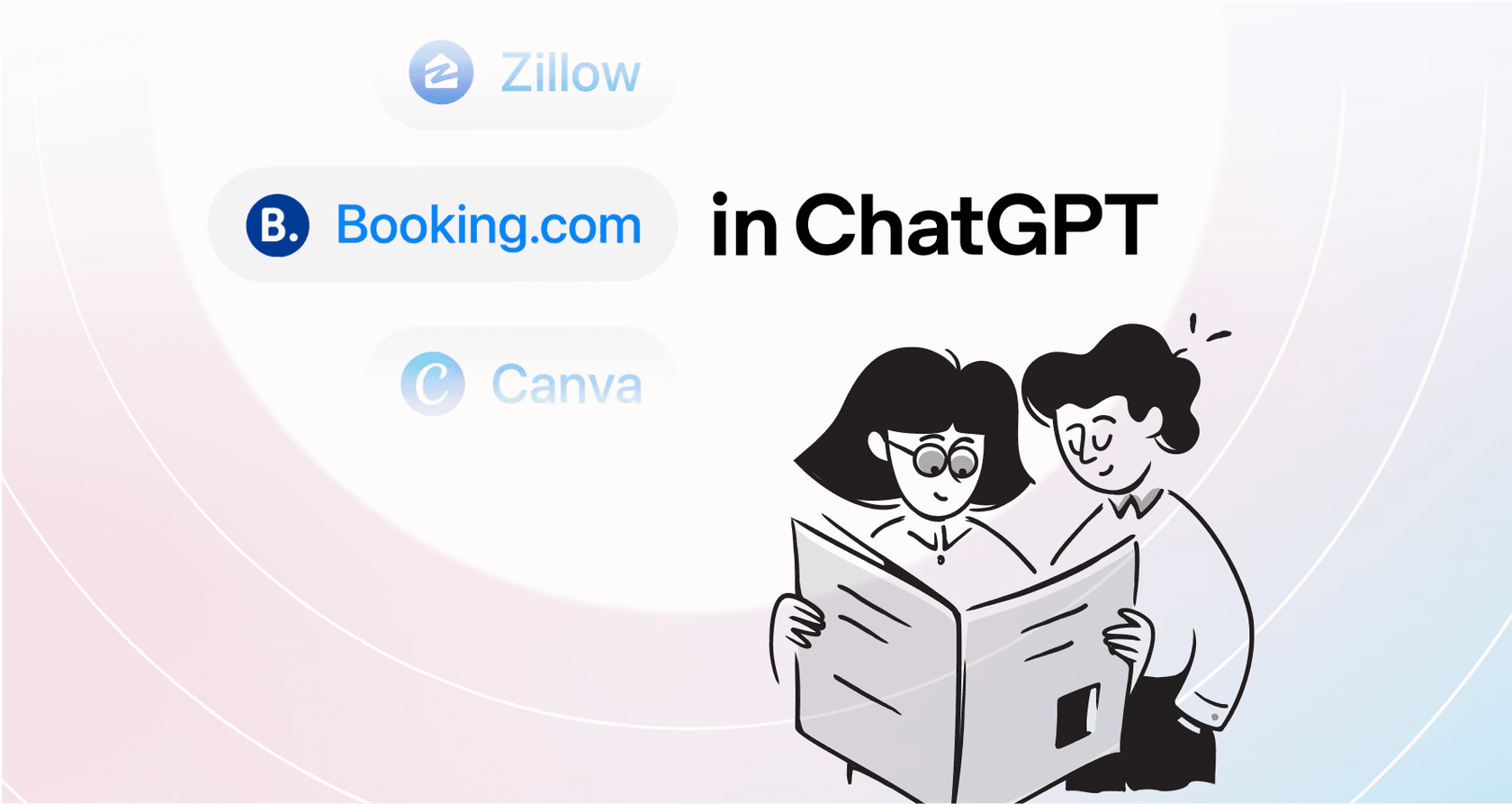
It seems like every business is looking to use AI chatbots trained on their own data. And it’s easy to see why. The dream is to give customers and employees instant, accurate answers without having to hire a whole new support team or spend a fortune on custom development.
CustomGPT.ai has popped up as a popular no-code platform that promises to make this happen, letting pretty much anyone build their own chatbot in a few minutes.
So, this is our in-depth CustomGPT.ai review. We’re going to dig into its features, what it’s good for, and, more importantly, where it falls short, especially for teams running a busy customer support desk or an internal help center. While it looks simple on the surface, does it really give you the control, reliability, and deep integrations that a growing business needs? We’ll also take a look at an alternative that was built for the messy reality of support automation.
What is CustomGPT.ai?
At its core, CustomGPT.ai is a tool that lets businesses create their own AI agents using models like GPT-4. Its main draw is that you don't need to know how to code. The whole idea is you can "train" an AI on your company’s knowledge by uploading some files or pointing it to your website, and just like that, you have a chatbot.
The platform's number one goal is to provide answers based only on the content you give it, with citations to back them up. You've probably seen ChatGPT go off the rails and invent things before. This is CustomGPT.ai's attempt to solve that "hallucination" problem by putting a fence around your knowledge base to keep the AI's answers factual and on-topic.
Because of this, it's mostly used for what you'd expect: chatbots for company websites, internal search tools for employees, and simple research assistants.
A closer look at CustomGPT.ai features and pricing
CustomGPT.ai comes with a handful of features designed to get a chatbot up and running quickly. Let's break down what you actually get for your money.
Key CustomGPT.ai features
The platform's feature set is pretty straightforward, focusing on the basics of chatbot creation.
-
No-code setup: The user experience is a definite highlight. You can connect your data sources without writing a single line of code. The platform says it supports over 1,400 file formats and connects with tools like SharePoint, Google Drive, and public websites.
-
Customization: You get some basic control over how the chatbot looks. You can change the avatar and colors to match your brand, and you can write a "persona" to give it a personality. For instance, you can instruct it to be friendly and casual or to stick to a strictly professional tone.
-
Multi-language support: The chatbot can handle over 90 languages, which is great for businesses with international customers. It can understand and reply to users in their native language, which is a big win.
-
Security & privacy: The platform talks about SOC 2 compliance and promises not to use your data for training its general models. To be fair, these are standard security measures you'd expect from any business tool handling your company's information.
-
Deployment options: After you build your bot, you can embed it as a widget on your website. If you have a more technical team, you can also use their API to plug it into other applications.
CustomGPT.ai pricing structure
The pricing is tiered, and this is where the value proposition starts to get a little fuzzy.
The plans are mostly separated by branding, how much you can use them, and whether you get access to advanced features like the API. The Standard plan is a starting point, but the "Powered by CustomGPT.ai" branding is a dealbreaker for most businesses. Moving up to the Premium plan is a big price jump, but it's the only way to remove their branding and get API access.
| Feature | Standard Plan | Premium Plan | Enterprise Plan |
|---|---|---|---|
| Price | $99/month | $499/month | Custom |
| Branding | "Powered by CustomGPT.ai" | Removable Branding | Removable Branding |
| Core Features | Basic analytics, sitemap creation | API access, advanced analytics | Custom integrations, SSO |
| Best For | Small businesses, initial testing | Scaling businesses, developers | Large organizations |
Critical limitations of CustomGPT.ai for support teams
While CustomGPT.ai is easy to start with, its weaknesses become obvious pretty quickly when you try to use it for important jobs like customer support or internal IT help. In these situations, things like control, reliability, and smooth workflow integrations are non-negotiable.
You’re basically flying blind without a good testing environment
One of the biggest problems is that the whole thing feels like a "black box." You can feed it your documents and website, but you have no real way of knowing how it will handle the thousands of unique, sometimes weirdly-phrased questions your customers will throw at it. You’re essentially building it, crossing your fingers, and hoping it works.
That's a huge risk. Launching an untested AI on your customers can lead to bad experiences, wrong answers, and can ultimately hurt your brand's reputation. A proper support automation tool shouldn't feel like a leap of faith. It should let you simulate the AI's performance on thousands of your past support tickets. This gives you a clear, data-backed prediction of its resolution rate and helps you find holes in your knowledge base before it ever talks to a customer. That’s the kind of confidence you need, and it’s something a more advanced platform like eesel AI is built around.
CustomGPT.ai can talk, but can it do anything?
Another major issue is that CustomGPT.ai is mostly just a question-and-answer machine. It can find information and share it, but it really struggles to take action.
Think about what your best support agents do. They don't just answer questions; they fix problems. Can your chatbot automatically tag a ticket based on the customer's issue? Can it route an urgent billing question to the right person in Zendesk? Can it check a customer's order status in Shopify and then close the ticket if the package was delivered? With CustomGPT.ai, the answer is usually no, or it means pulling in developers to build fragile, custom API integrations.
A true support automation platform needs to work natively inside your help desk, whether you use Zendesk, Freshdesk, or Intercom. It needs to be an engine for your workflows, not just an answer bot. This is where tools like eesel AI's AI Agent and AI Triage really shine, because they perform actions inside the software your team uses every day.
The CustomGPT.ai pricing model can get expensive, fast
Let's circle back to the pricing for a second. That 5x price jump from the Standard to the Premium plan is a tough pill to swallow for any growing business. On top of that, the plans limit you by the number of queries. What happens when your site goes down, you have a big product launch, or it’s just the busy season? Your support volume will spike, your query count will shoot up, and you’ll get hit with a surprise bill.
This kind of unpredictable pricing makes it hard to plan your budget and scale. A better way to do it is with a transparent model that isn’t based on how many tickets your AI resolves. You should be able to grow your support operations without worrying about costs spiraling out of control. eesel AI's pricing is designed to be straightforward and predictable, with flexible monthly plans and no hidden fees.
eesel AI: A better alternative to CustomGPT.ai for support automation
With the limitations of simple chatbot builders in mind, businesses need a tool that’s actually designed for the messy world of customer support and internal IT. eesel AI was built from the ground up to give modern support teams the control, confidence, and deep integrations they need.
Go live in minutes with total confidence
Unlike a lot of enterprise AI tools, eesel AI is completely self-serve. You can sign up, connect your help desk, and launch your first AI agent without having to sit through a single sales demo. It’s made to get you up and running right away.
More importantly, eesel AI’s powerful simulation mode lets you safely test everything on thousands of your own historical tickets. It gives you an accurate, data-driven forecast of your resolution rate and shows you exactly how the AI would have handled real customer questions. This takes all the guesswork and risk out of going live.
A fully customizable workflow engine, not just a chatbot
eesel AI plugs directly into the tools you already rely on, like Zendesk, Freshdesk, and Gorgias, so you don't have to switch platforms. It becomes a natural part of your existing workflow, not another tool to manage.
And it does more than just talk. Using a simple prompt editor, you can set up custom actions that let your AI agent tag tickets, apply macros, call external APIs (like checking an order status), and escalate tricky issues to the right human agent, all based on rules you create. It’s an intelligent workflow automator, not just a chatbot.
Unify and improve all your scattered knowledge
Often, your best knowledge is hiding in plain sight: your past support conversations. eesel AI is unique because it can train on your past tickets from day one. It analyzes your team's best replies to learn your brand voice, understand tricky problems, and pick up on proven solutions automatically.
Beyond your help desk, it can connect to all your scattered knowledge sources, from a Confluence wiki and Google Docs to internal chats in Slack. This creates a single, unified brain for your company that delivers consistently accurate answers everywhere.
Choosing the right tool for the job
So, what’s the bottom line? CustomGPT.ai is a straightforward tool for creating basic, informational chatbots. It’s a decent place to start for non-critical things, like a simple FAQ bot on a personal blog, where you just need a simple Q&A function.
But for any business that’s serious about automating customer support or internal help desk tasks, its limitations are a pretty big deal. The lack of real testing, shallow workflow integrations, and a tricky pricing model make it a risky bet for your core operations.
For businesses that need a powerful, controllable, and fully integrated AI support agent, eesel AI is the much stronger choice. It goes beyond just giving answers and delivers real, end-to-end workflow automation that you can test, trust, and scale with confidence.
A demo video of CustomGPT.ai
Get started with a smarter AI agent today
If you’re ready to move past basic chatbots and see what true support automation can do for your business, it’s time to see the difference for yourself. Stop building in the dark and start automating with an AI you can actually trust.
Ready to build an AI agent that works? Sign up for eesel AI for free and launch your first agent in minutes.
Frequently asked questions
Yes, that's its primary strength. CustomGPT.ai is well-suited for creating informational chatbots that answer questions based on a specific set of documents or website content, but it's less ideal for complex support tasks. A simple Q&A bot is a good starting point.
This is a key limitation highlighted in the review. The platform lacks a robust simulation environment, making it difficult to predict performance on real-world customer queries before you go live.
Generally, no. CustomGPT.ai is primarily a question-and-answer tool and struggles with performing actions within other platforms like your help desk. For that, you'd need a more integrated support automation tool. For example, automatically tagging a ticket requires deeper integration.
Yes, according to their pricing structure, the Standard plan includes their branding. Removing it and gaining API access requires upgrading to the much more expensive Premium plan.
It's a definite risk. Since the plans are based on query limits, a spike in customer questions during a busy period could lead to overage fees and an unpredictable monthly bill.
Share this post

Article by
Kenneth Pangan
Writer and marketer for over ten years, Kenneth Pangan splits his time between history, politics, and art with plenty of interruptions from his dogs demanding attention.





